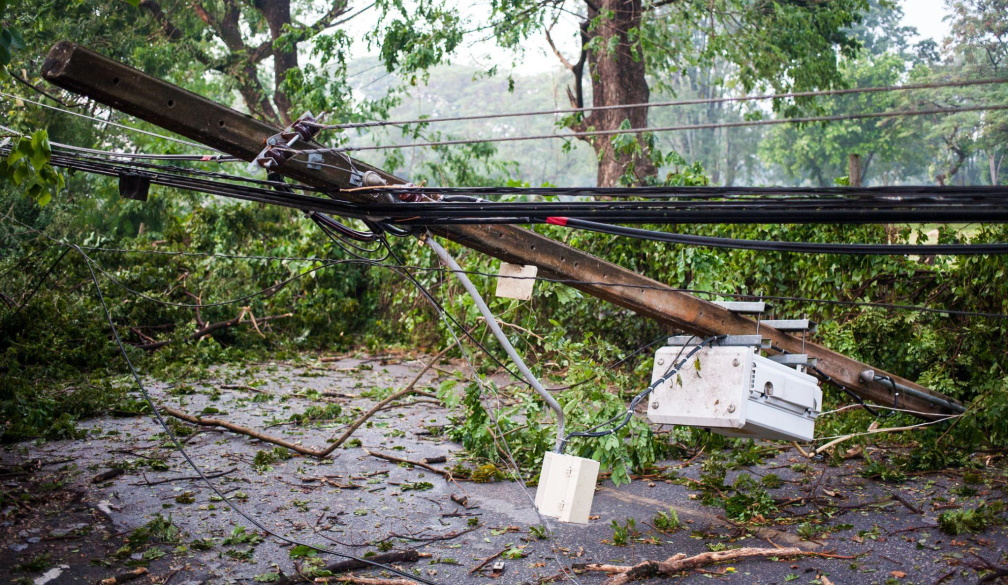What Causes a Power Outage?
- Written by NewsServices.com

When the power goes out suddenly in your neighbourhood, you may be in danger. Most power outages are caused by things like tree limbs falling on power lines or ice storms damaging equipment, but there are plenty of other reasons for why the power could go down. In this article, we look at the ten most common causes of a blackout.
Planned outages
Planned outages are one of the most common causes of power outages because they're necessary for keeping your electricity flowing safely. Outages can occur because of anything from routine maintenance work to emergency repairs after an accident or natural disaster.
Poor weather
Poor weather is one of the most common causes of power outages. The most common cause is wind damage, followed by falling trees and limbs. Other less frequent causes include lightning strikes and extreme heat.
Fallen trees
Fallen trees are often responsible for power outages. When a tree falls onto a power line, it can cause the line to break and stop supplying electricity to your home or business. These power outages can take hours or even days to repair.
Animal interference
The most common way that animals cause power outages is by chewing through electrical wires and causing short circuits or ground faults. Squirrels are notorious for this behaviour, but birds can also do it if they build nests on electrical equipment or use them as perches, which can cause short circuits and failures.
Vehicle crashes
Vehicle crashes are a leading cause of power outages. When cars crash into poles and transformers, they can send electricity arcing to nearby structures and vehicles, which can damage or ignite them.
Construction or maintenance work
Construction workers sometimes accidentally cut wires when digging underground or working on poles. Maintenance workers can also accidentally damage power lines while performing routine inspections of equipment. Sometimes they accidentally cut through a wire when they're using tools near the lines, like pruning trees or trimming shrubs around them.
High energy demand
You might think that the power grid is an unstoppable force, but it can actually be quite fragile. That's because it's designed to handle a certain amount of demand at any given time. If that demand exceeds the supply, then utilities can't meet the need, and customers lose power.
Equipment failure
One of the most common ways that electrical equipment fails is when it overheats. This is usually due to an overload or short circuit. When this happens, the power supply shuts off automatically to prevent damage to the system.
Bushfires and natural disasters
Bushfires can damage or destroy electrical infrastructure such as poles, wires and transformers, causing a power outage when they occur. These outages often require extensive repairs, and it can take days or even weeks before the power gets restored.
Vandalism
Vandalism can cause power outages in a number of ways. The most obvious way is if someone damages a power line, which causes the lines to short and stop working. But vandalism isn't limited to cutting wires; it can also include breaking equipment and tampering with metres, switches, and other devices that make up our power system.
Conclusion
There are many reasons for why you might experience a blackout. But, whatever the case may be, when you have an electrical problem, you need a licensed electrician who knows what they are doing. So, if the power goes down, then don't delay; call an electrician for help.

















